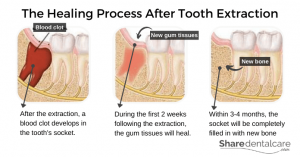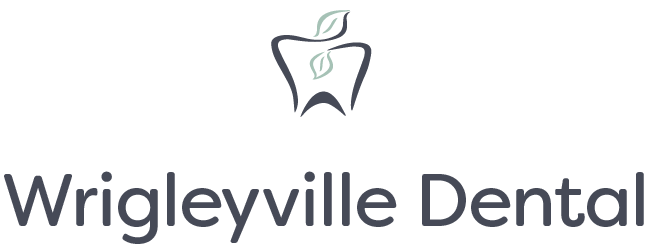Preparing for oral surgery or dental implants, like any surgery, can be scary. But as they say, “ignorance is the root cause of fear.” So to help relax and prepare you before the procedure date, we’ve created some tips to help you better understand what to expect. If you know what to expect and how to prepare, you’ll be calmer and more confident on the day of your procedure at our holistic dental clinic.
Learn About Anesthesia
At Wrigleyville Dental, we use local anesthetic to anesthetize for oral surgery. This means that you can drive yourself home. If you took an anti-anxiety medication or a strong painkiller, like Vicodin or Codeine, a responsible adult will need to come with you to our office, or pick you up at the end of the appointment. We use local anesthetic without any epinephrine to ensure good blood flow and proper healing. For more information about why we don’t use epinephrine click here.
Don’t Stop Taking Medications
If you take blood thinners, don’t stop taking them.Don’t change your medication without checking with your physician, or the doctor who prescribed the medicine and consulting your dental surgeon. This is important to prevent any medical complications. If necessary, we can consult with your cardiologist or primary healthcare practitioner about managing your condition before and after the surgery.
If you regularly take vitamin C, naproxen sodium, ibuprofen or fish oil, please let us know.
A note about Vitamin C. While it’s a wonderful supplement to take, please do not take any on the morning of the surgical procedure. Vitamin C has a tendency to make anesthetic go away quicker from the body. So it may be more difficult to get you numb or to have you stay numb during the procedure. Taking it afterwards, however, is ok.
Supplements
Although we are not nutritionists and cannot prescribe supplements, we can recommend some based on research. There are great supplements out there to improve recovery from surgery and help heal. Vitamin D has been proven to play a role in surgery. Low levels of vitamin D can result in poor healing and post operative complications. Products such as DentaMedica have been created to help the body’s healing process before, during and after dental surgery. Talk to your doctor if supplements are recommended prior to surgery.
Get Ready for Recovery
The rule for recovery is no hot dates and no big presentations. After your procedure, take a few days to recover. Set up a comfortable location where you can watch television or movies, read or listen to podcasts and books or engage in other low-key activities until you’re feeling better. You may not need the extra recovery time, but better to have it and not need it than to need it and not have it. Make certain you have some ice packs handy to reduce the swelling after the procedure.
Restrict yourself to soft foods following the surgery. Smoothies, soups, eggs, yogurt and similar foods are good options. Stay away from crunchy foods like chips, popcorn pretzels or nuts for a few weeks. If you’re a smoker, this is an important time to take a break. Smoking can increase the risk of infection and delay healing.

Read more about our PRF procedure.

